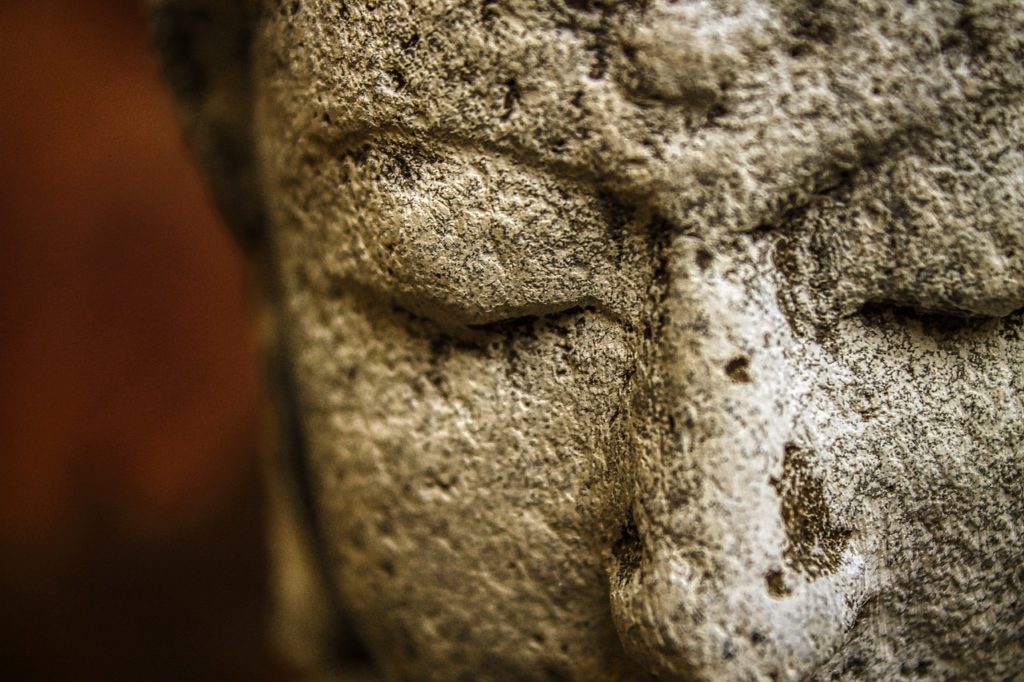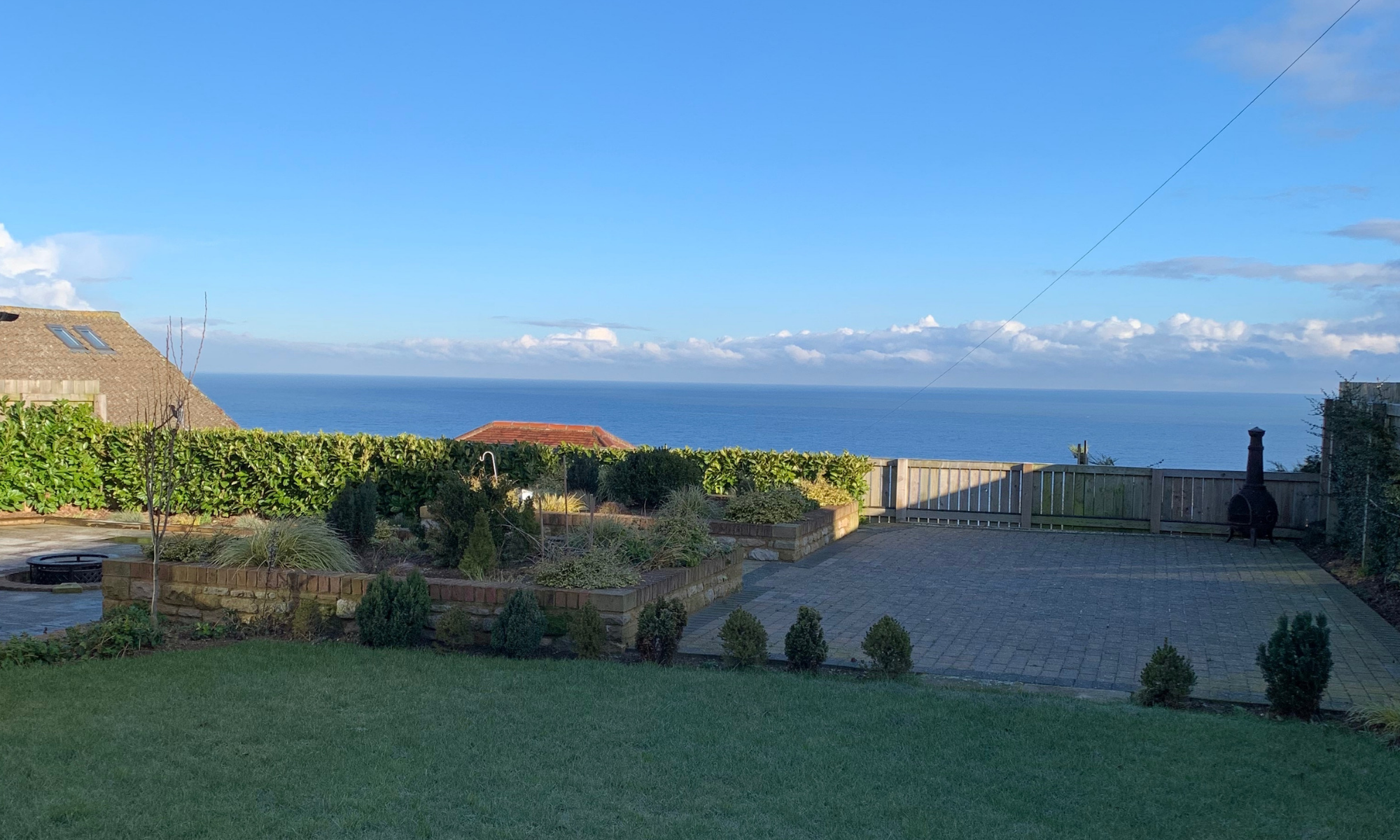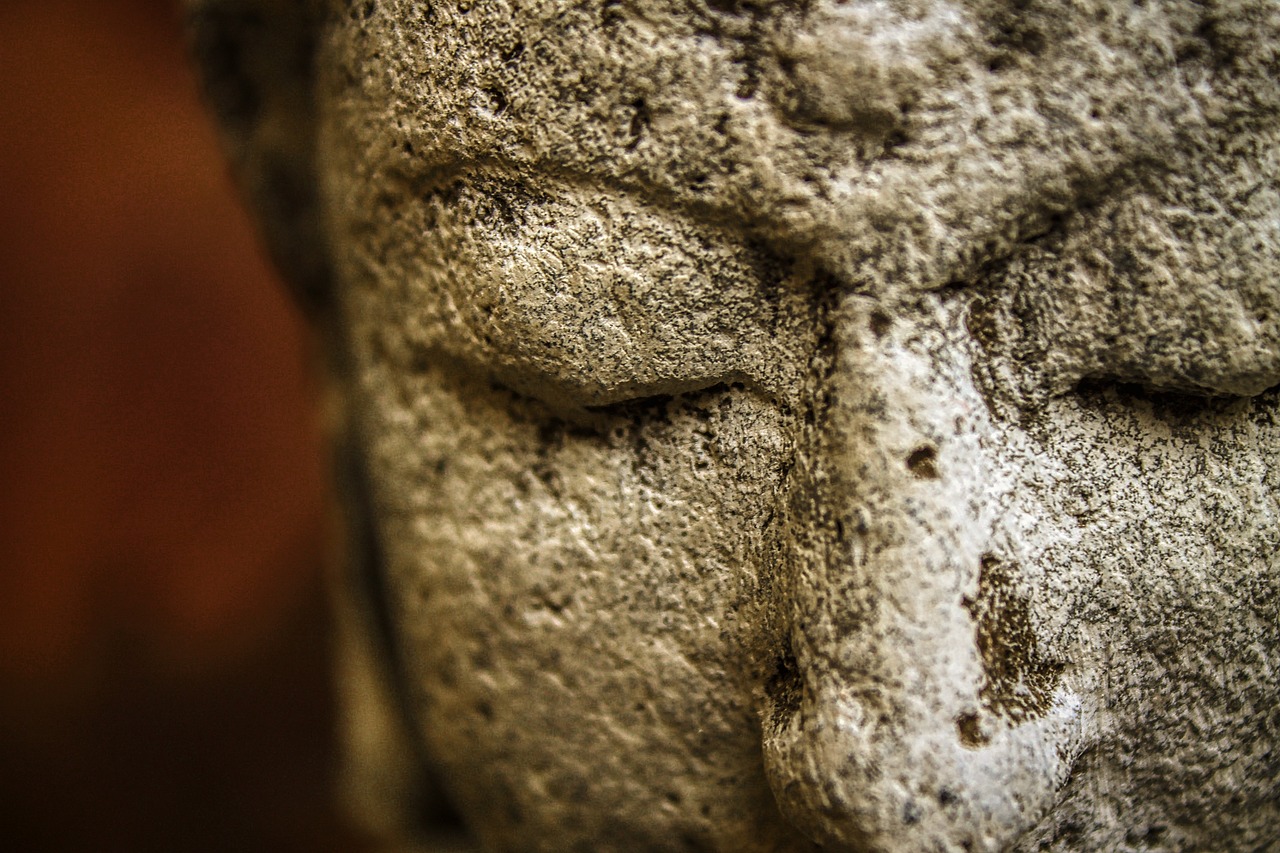What is mindfulness and where do you start? This was one of the early topics on our syllabus when I started studying for my degree in Acupuncture. It was one of the lifestyle tools that the College equipped us with. It’s purpose was to help us manage the stress of studying, as well as have something useful to pass on to our acupuncture clients.

You might have heard about it and probably know health-conscious people who are practicing it. Maybe you even practice it yourself? But what is mindfulness, exactly? And why should you be interested in it?
The definition of mindfulness is simple: being fully present in the moment, focused on and engaged in what’s happening, rather than being distracted or “elsewhere”. Beyond that however, it also means noticing what’s going on around us without being reactive or overwhelmed. It is therefore a helpful skill to learn.
Practicing Mindfulness
It sounds simple, and it is, but like most simple ideas, it’s implementing it that’s difficult. Mindfulness is a skill that must be learned and that requires practice to maintain. You may have heard friends talk about their “mindfulness practice”. They’re referring to their ongoing practice at being mindful.

But don’t worry – mindfulness doesn’t take a lot of work! The practice required is often done while going about your daily life. If you prefer, you can take only a few minutes here and there, away from your schedule to practice. You don’t have to devote long hours or take classes to learn mindfulness. It can be done by anyone no matter their schedule.
Most people don’t live in the present. We’re thinking about a future we’re working for (what’s for dinner, when should I book the holiday?), or a past that’s already happened . Or we’re stuck in such an obsessive loop about our worries and problems (why did they look at me like that?), that we’re too distracted to notice what’s around us.
The point of mindfulness is to be able to stop being distracted and instead be able to be fully with the moment. Have you ever been to a special event and been so distracted that when it was over, you realised you hadn’t been “present” for most of the event and had missed it? That’s where mindfulness comes in handy. It can help you slow down and appreciate the good times and the precious moments.
Where to start
There are only a few things you need to do to learn mindfulness. Most people start with mindfulness “pauses”, which is a form of meditation in which you stop what you’re doing and learn to pay attention to what’s going on around you.
Then they learn mindful movement and mindful activities – which means you learn to be mindful while you’re doing something else, such as exercising or working. I incorporate mine into my morning walk with my dog Bilbo. Mindfulness is easy to learn and brings you a world of benefits, both physical and mental. It can even improve your relationships. Over the next few weeks I’ll share some of the benefits of mindfulness and just a few of the ways to practice it.

